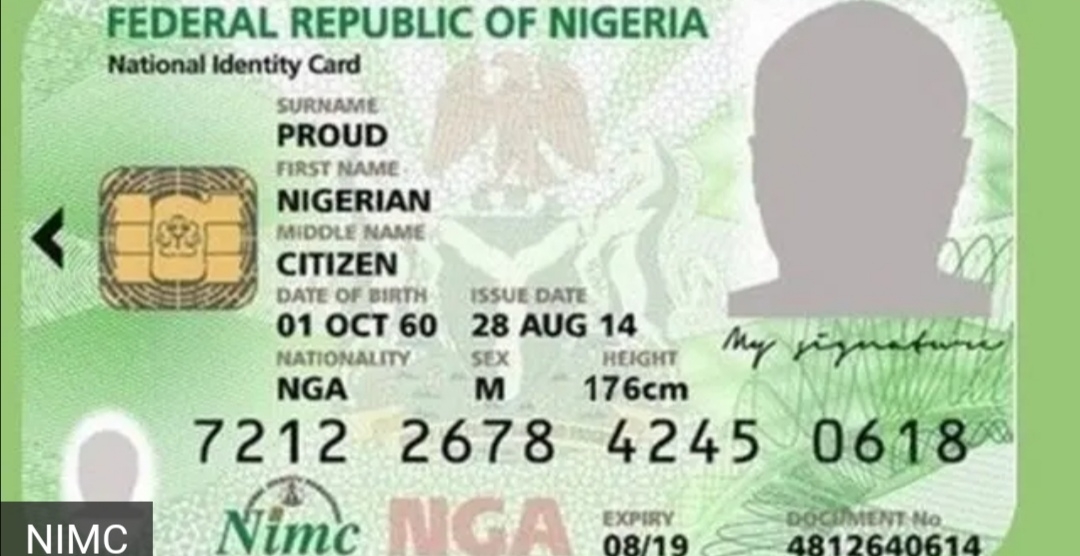 |
| Gov. Isa Yuguda. Source: Global Ville News |
Oga Isa Yuguda, I heard you have requested teachers to
explain why there was, yet, another episode of a murky and abysmal performance
by your state, Bauchi, at the last West African Examination Council (WAEC)
examinations. Sir, the tone of your summons seemed lopsided, suggesting the
teachers are solely responsible for the poor showing of the state at the WAEC
examinations. Sir, we don’t need to search deeply to realize 70% of the blame
rests on your doorsteps as it is in most states across Nigeria.
Sir, I understand that you asked why the result should be
poor, in view of the huge investments your administration has made in the
education folder over the years. Sir, such problems come when administrations
throw money at ministries rather than administration it. Before doling out
money to a government ministry, one has to check to ensure that the ministry is
structured enough to ensure the money serve its purpose efficiently. Poor performance comes only when this is not
done.
What do I mean by structuring a ministry to ensure it uses
its budgetary allocations efficiently? The rules of efficient administration of
schools must be enforced before any money sunk into such schools can result in
pleasant outcomes. These rules are basic
and include
·
A child going to a secondary school must prove
that he can read a simple passage and then answer questions taken from the
passage he had read. If he gets admitted despite his inability to read and
understand a passage, he ends up staining the result of his school at external
examinations.
·
Those admitted have to be forced to continue
working hard. This is achieved by the class teacher ensuring those who fail
promotion examinations don’t enjoy any promotion. This scares students who
would be compelled to read hard, get promoted and avoid the shame that comes
with demotion.
·
Teachers who teach these students must also be
qualified enough. This can be established by the government ensuring the
teachers pass examinations on topics they would teach when recruited. There
will always be limited teacher’s vacancies. Hence teachers who score the
highest mark should be given the jobs. It triggers a competition, since
teachers know that if they score high, they will get the jobs. This leads to
improved standards in teacher’s education. Initially, those who fail to get the
jobs will hate you but generally, those who like you will grow because the
policy spreads the jobs evenly and out of the circle of your political friends.
·
Those who get the jobs must be made to continue
working hard by ensuring teacher promotion is based on his/her passing a tough
promotion interview rather than on how long he/she has stayed in the service.
·
Teachers are educated people and working environment
must be pretty decent. Schools should be kept clean by hired cleaners rather
than by students. Broken windows, doors and chairs/desks must be fixed
immediately rather than government waiting for every thing to breakdown first
in order to give out a contract to friends to get them rich. In like manner,
leaking roofs should be fixed and fading walls painted.
·
Teachers have to be regularly paid. When this is
not done, it places a stigma on the service and most citizens would want to use
the service as a stepping stone only. It also repels the best minds from the
service where bright minds are actually needed.
·
Materials needed by teachers for the successful
delivery of their services must be in place. So, there should be books, pens
for teachers and students and good blackboards.
·
Discipline would have to be enforced among staff
of the ministry, not just in the schools where you have teachers, but also the
offices of the ministry from where the schools are administered.
·
At the primary level, the public schools must
adopt the approaches the private nursery /primary schools use which enables
their pupils to read at the ends of the three years of nursery education. This
is important because the secondary schools can only succeed with students that
meet entry qualification. Your government can “steal” some of these teachers in
the private primary schools to help the public schools. Most private school
teachers are poorly paid despite their hard work and would want better pays as
long as it comes in promptly.
The truth however, is that these guidelines have always been
with us. It is however, their disregard that has led to the seeming mire in
which our schools find themselves. So, while your government provides the
monies needed by the schools, it must also embark on a reform that cleanses the
system and allows the flow of the proper procedures. A reform is needed because
the rot has thrived for decades and we expected the period of democracy to
create the space necessary for these reforms. Perhaps your administration still
believes democracy ends when a politician enters office. No, Sir. It isn't so.
Democracy is meant to be a benign flood that washes away all filth.
Sir, the quality of education that should give the kind of
result that gladdens the heart is delivered by private schools, mostly. This
private schools are however, not affordable by the majority of the parents. The
few kids that find their ways to the private schools are responsible for the
irritating 10%, 20% or 30% scores at the external examinations. If however,
your government can improve on the quality at the public school domain, the
majority of kids whose options are solely the public schools will also end up
with superior education that are not merely pleasant but give rise to the Isa
Yugudas, Adamu Mu’azus, Tatari Alis of the future, to the pride and glory of
Bauchi State. Long live Bauchi, Long live Nigeria.








